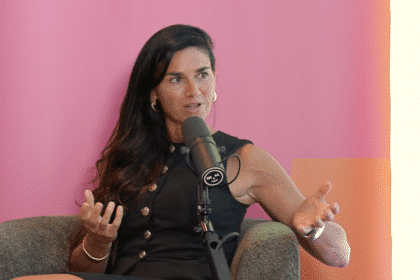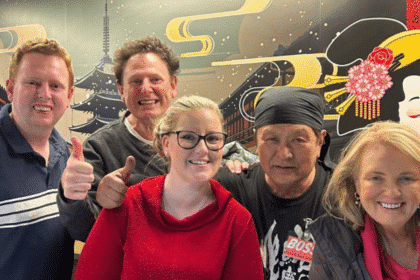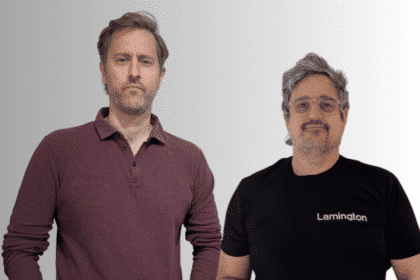A new study has found that almost 20 per cent of ad dollars spent globally this year will be for search with Google, unsurprisingly, snaring over 85 per cent of the money.
Following an analysis of WARC’s adspend data for its 12 key markets – Australia, Brazil, Canada, China, France, Germany, India, Italy, Japan, Russia, United Kingdom and United States – search advertising spend will amount to $US100.5 billion ($A133 billion) in 2018, an increase of 11 per cent from $US90.5 billion in 2017. This equates to one in five dollars spent on advertising worldwide this year.
Mobile is driving growth in the search market, eroding display’s share of advertising spend
Mobile search is expected to attract $US62.7 billion this year – 62.4 per cent of total search spend within WARC’s 12 key markets. Mobile’s share of total search spend has near doubled since 2015, driving wider sector growth.
Across mobile and desktop, paid search’s share of global advertising spend has trebled over the last decade, rising to over a fifth this year. Search’s share is expected to reach 22 per cent in the US this year, 26 per cent in China, and near 30 per cent in the UK. Most of these gains have been at the expense of display formats.
The four largest players made $101bn last year
Analysis of company reports shows that the four largest providers – Google, Baidu, Yahoo and Microsoft’s Bing – made a combined $US101 billion from paid search in 2017, of which $US10.5 billion came from outside WARC’s 12 key markets. Google dominates the landscape, drawing an estimated $US85.8bn in 2017 (up 20 per cent from 2016). Badiu ($US10 billion), Yahoo ($US3 billion) and Microsoft ($US1.8 billion) follow some way behind, but all saw revenues grow.
Google also dominates user share across desktop and mobile
Google attracts the vast majority of search revenue because it is the dominant player in terms of users. This is particularly true for mobile users, with 89.3 per cent preferring Google’s search service.
Figures from April 2018 show that Google’s share dips closer to two-thirds (66.8 per cent) in the more mature desktop market. Baidu controls a fifth (20.5 per cent), Bing takes 7.7 per cent, Yahoo 3.5 per cent, and others 1.5 per cent.
Click through and conversion rates for search ads outperform online display across all categories, though costs are often higher as a result
Data for 16 product categories show that paid search routinely outperforms online display advertising in terms of both conversion and click through (CTR) rates. On average, search ads recorded a CTR of 3.3 per cent compared to just 0.57 per cent for online display. With regard to conversion rates, search’s average is 4.32 per cent compared to display’s 1.09 per cent.
The stronger results from search advertising come at a cost for advertisers. On average, the cost per click (CPC) for search ads is over four times higher than for display, at $US3.00.
Voice and image search have room to grow
Smartphones are driving voice search, with data showing that 47 per cent of users utilise voice tech at least once a month on a global level. Of those that use voice tech at least once a week, the top six activities are search related, including online searches (60 per cent of users), finding information on a product (53 per centt), asking questions (50 per cent), asking for directions (42 per cent) and finding information on a brand or company (41 per cent).
Neurological research shows that when people ask a question involving a brand name, their brain activity demonstrates a significantly stronger emotional response compared to people typing that same brand question. This emphasises the need for brands to craft the sound of their own voices.
Image search is also gaining momentum, with half (51 per cent) of UK millennials having used the feature, while almost a fifth (17.6 per cent ) already do so regularly. Households with children also demonstrate similar adoption levels to Millennials. However, brands looking to advertise against visual search queries may have to wait sometime before digital platforms advance inventory beyond basic text-style search terms.
Commenting on the study, James McDonald, Data Editor, WARC, said: “In its function as a pull medium, search has done more than replace classified – it is steadily eating into the share of advertising expenditure going to display. Emerging formats such as mobile voice and image look likely to continue this trend. This may be a sign that brands are shifting budget; though it more likely reflects a multitude of SME advertisers who have started spending due to the accessibility of the format.”








